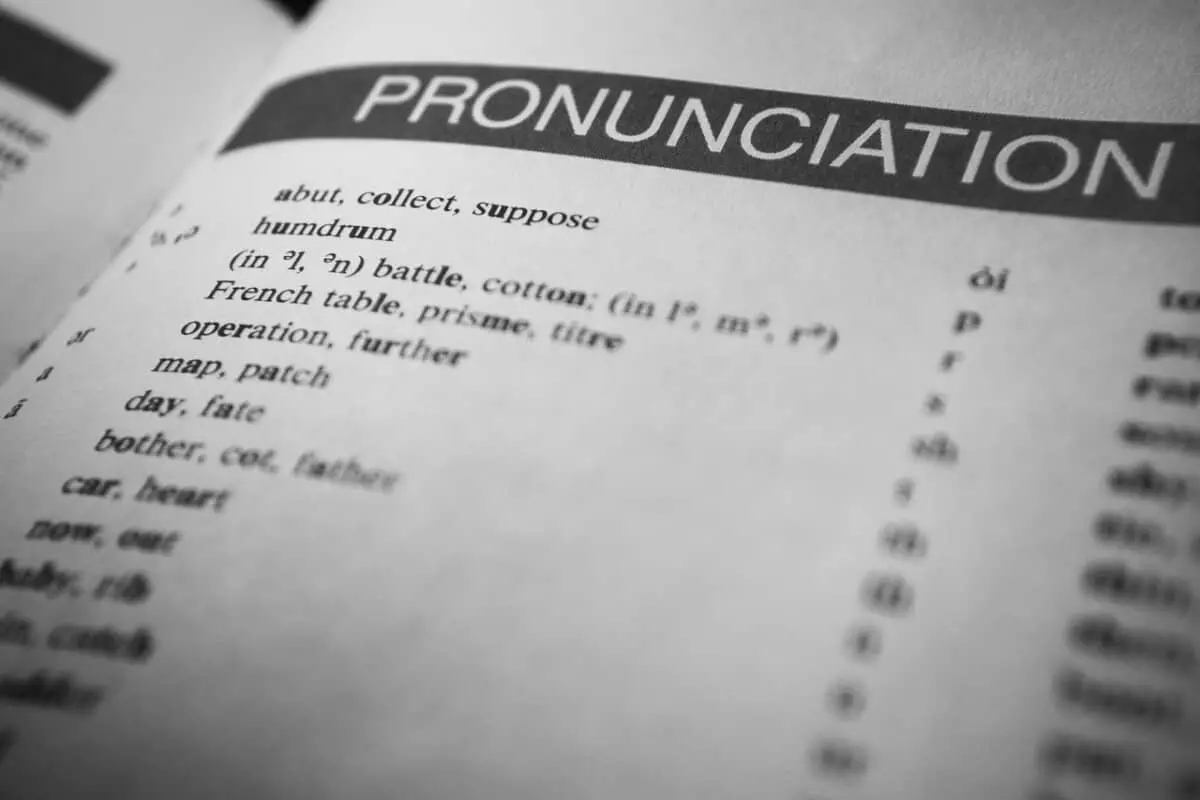Greetings and farewells are an important part of any language — they convey goodwill and acknowledge the recipient’s presence. There aren’t many variations of these in English, but one interesting case is whether “goodnight” or “good night” is the correct way to spell this particular farewell. Use “Good night” as a farewell interjection when going …
Academics
When learning to speak any language, tenses are very important because they allow you to describe the timing of an event. When talking about the past in all its various forms, there are specific details to master, and the verb “to eat” is an interesting case in point. “Ate” is the simple past tense of …
Many English words carry the same meaning, sometimes with slight variations or differing connotations attached to them. When talking about how consistently someone or something can perform, it’s easy to get confused about whether to describe it as reliable or dependable. Let’s take a closer look. The difference between reliable and dependable is that dependable …
The nouns “difference” and “distinction” can be challenging for anyone to distinguish, especially since they’re actually synonyms. Still, they do have subtle nuances. Difference and distinction both refer to how people or things differ. “Distinction” is a more nuanced synonym that also means something that makes something stand out, usually referring to a characteristic that …
The words “pronunciation” and “enunciation” look and sound very similar except for a few letters. They often get confused with each other; however, their meanings are slightly different, so is it pronunciate or enunciate? Pronunciation is the act of making the correct sounds that create a word and saying the whole word correctly. Enunciation is …
Today is going to be a beautiful day. Or, if you would like to say it more informally, “Today’s going to be a beautiful day.” Apostrophes can sometimes be a bit tricky, especially when used for words that have plurality, like “todays” versus “today’s.” In most situations, the word “today’s” is correct. The apostrophe can …






